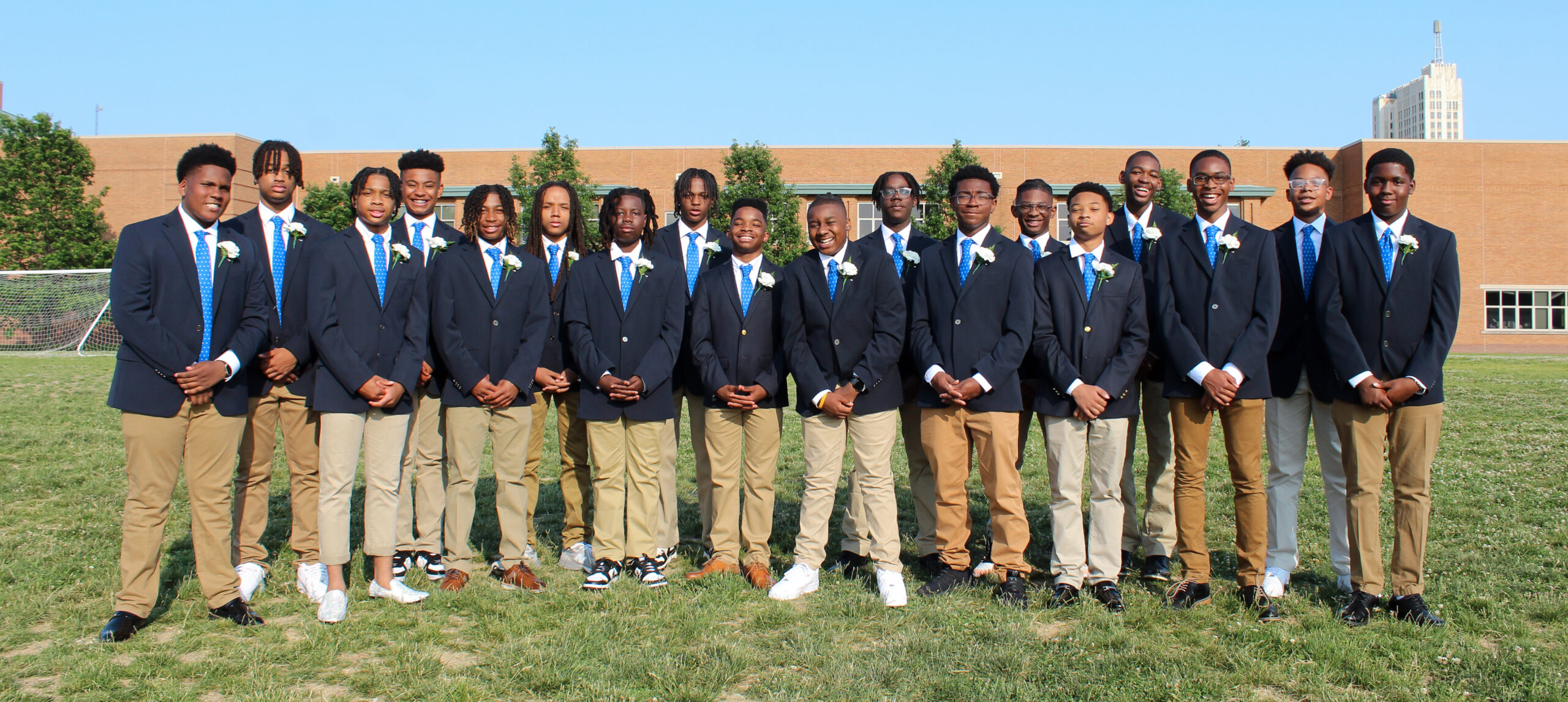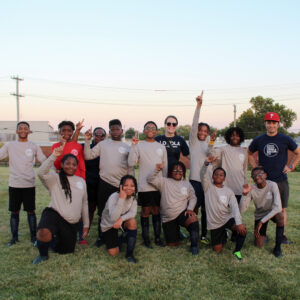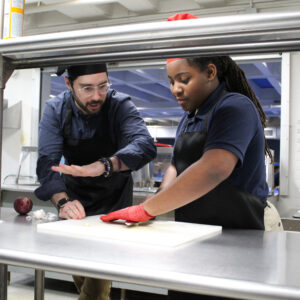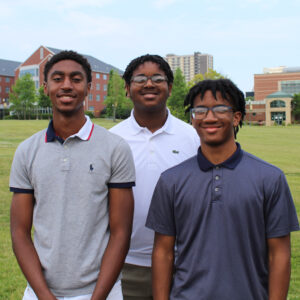
Loyola Academy of St. Louis provides a rigorous academic program, character education, and Enrichment courses that enable our graduates to succeed in college-preparatory high schools. Through a holistic education, our students grow into self-sufficient citizens who become catalysts for change in our community and beyond.




